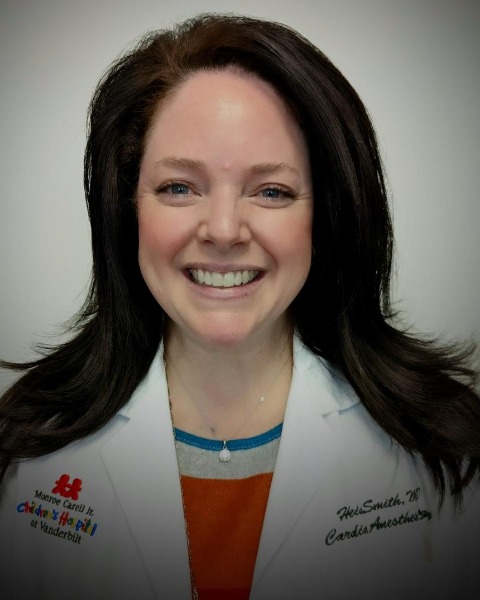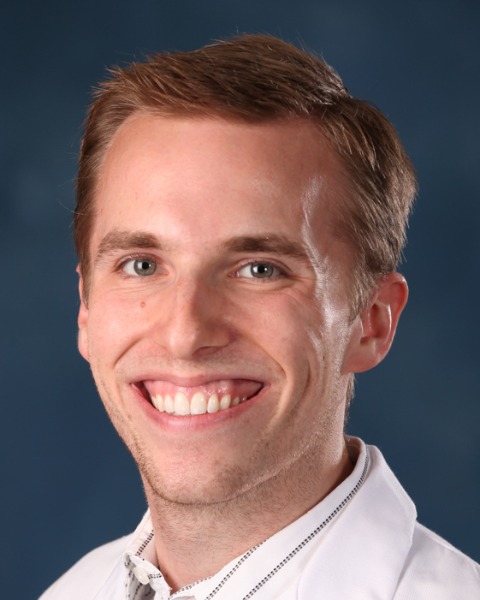Live Workshops
Neuropsychiatry
An Equal Opportunity Offender: Delirium Throughout the Lifespan. A Review as the Various Presentation, Diagnostic Approaches, and Impact of Delirium at the Various Stages of Life in the Medical Setting
.jpg)
Jose R. Maldonado, MD, FACLP, FACFE (he/him/his)
Chief, Division of Medical Psychiatry
Stanford University
Menlo Park, California- YA
Yesne Alici, MD, FAPA, FACLP
Attending Psychiatrist
Memorial Sloan Kettering Cancer Center
New York, New York 
Heidi Smith, MD, MSCI
Associate Professor of Pediatrics and Anesthesiology; Department of Anesthesiology; Division of Pedi
Vanderbilt University Medical Center
Nashville TN, Tennessee
Matthew Gunther, MD, MA (he/him/his)
Clinical Assistant Professor
Stanford University
Palo Alto, California
Lead Speaker(s)
Speaker(s)
Delirium is the most common psychiatric syndrome found in the general hospital setting and one of the neuropsychiatric disorders causing more impact to medically ill patients. Multiple studies have demonstrated that the presence of delirium is associated with poor increased morbidity and mortality, increased cost of care, increased hospital-acquired complications, a slower rate of physical recovery, poor functional and cognitive recovery, decreased quality of life, prolonged hospital stays, and increased placement in specialized intermediate and long-term care facilities. Dr. Gunther will provide an overview of the impact of delirium across the lifespan, including the effects of social determinants of health. Specifically, he will address the incidence across populations, the negative health outcomes (including increased morbidity and mortality), and the financial and societal burden of delirium. Dr Smith will address the issue of Pediatric delirium, which comprises 10% of all pediatric Consultation-Liaison consults. ICU delirium during critical illness in infants and children is extremely common during critical illness (occurring in up to 29% of critically ill children), and is a marker of serious illness, with an associated mortality rate of 20%. The development of delirium complicates the ICU environment due to unique barriers such as variation in language, social-emotional and developmental stages. These obstacles have created a dependency on sedation administration in infants and children requiring mechanical ventilation. There remain challenges to address not only critical illness but the factors that further exacerbate the risk of acute brain dysfunction in pediatric patients. Dr Maldonado will review delirium during adulthood, reviewing the available data regarding medically ill adult patients, as well as the idiosyncrasies of adult critically ill individuals. In general, adult delirium is found in about 20% of patients admitted to general medical wards, with higher numbers found among post-operative patients (up to 74%) and those in the critical care units (up to 85%). Both the development of delirium and its duration have been positively correlated with patient’s outcomes. Despite its high prevalence, delirium remains unrecognized by most ICU clinicians in as many as 66% to 84% of patients. His presentation will emphasize the importance of surveillance and diagnosis, especially in populations at high risk. This will be followed by a review of what’s known regarding prevention and treatment modalities. Dr Alici will tackle the issue of “Delirium at the End of Life: A Palliative Care Perspective” – “Delirium until proven otherwise” is our motto as psychiatry consultants in palliative care settings. Delirium is the most common neuropsychiatric complication at the end-of-life, occurring in up to 85%. Delirium is the harbinger of impending death, associated with increased morbidity in patients who are terminally ill, causing distress for patients and caregivers. Often causes of delirium are not reversible in the dying patient. To manage delirium in terminally ill patients, clinicians must be able to diagnose it accurately, undertake appropriate assessment of underlying causes, and understand the benefits and risks of the available interventions. Each presenter will use case examples to illustrate specific didactic points and promote audience interaction.Learning Objectives:

